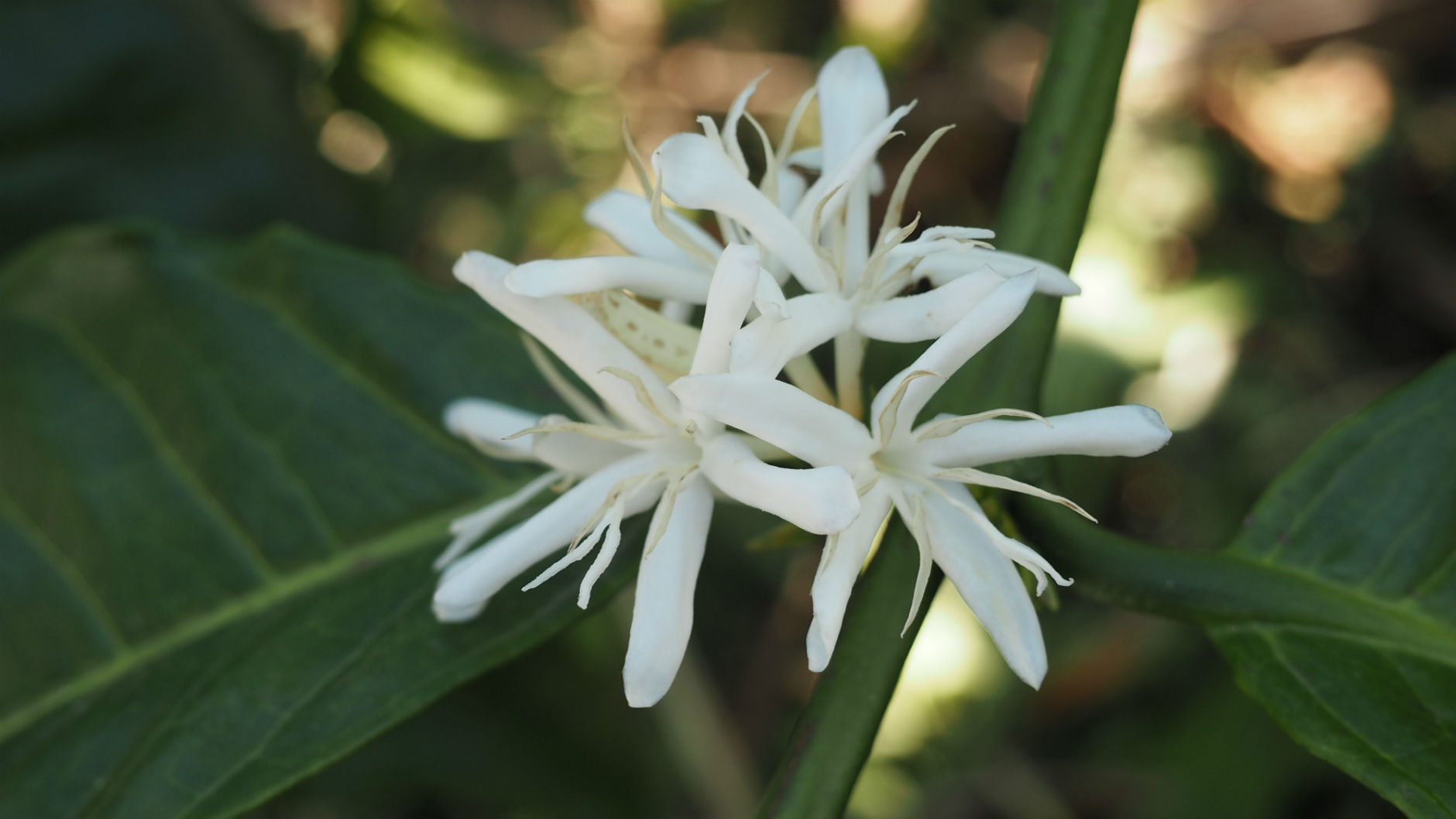Ethiopia Guji 3 Natural Uraga – LOT 271 – 29230-1 – GrainPro Bags – SPOT COSEATAC
Position Spot
Bags 31
Warehouses Seattle
Flavor Profile Blackberry, juicy, clean, sweet
Please Note This coffee landed more than 8 months ago.
Check out our Guide to Ethiopian Coffee Grades
About this coffee
Grower
Milkesa Anole
Altitude
2100 – 2247 masl
Variety
Indigenous landraces and local heirloom cultivars
Soil
Vertisol
Region
Uraga district, Guji Zone, Oromia Region, Ethiopia
Process
Full natural and dried on raised beds
Harvest
October – January
Certification
Conventional
Coffee Background
There are few entrances to Guji Zone--a distant and heavily forested swath of land stretching southeast through the lower corner of the massive Oromia region--and none of these routes are short, or for the queasy, in any way. Guji is heavy with primary forest thanks to the Guji tribe, a part of Ethiopia’s vast and diverse Oromo nation, who have for generations organized to reduce mining and logging outfits in a struggle to conserve the land’s sacred canopy and soils. The biodiversity, climate, and ongoing preservation efforts have kept large parts of Guji feeling like prehistoric forest.
The Uraga district of Guji in particular can be a very long drive (or a few days’ walk) from the nearest trading centers of Gedeb or Dilla to the west. This distance has historically left many coffee farmers debilitated by lack of access to market, and cherry prices much less than neighboring Gedeo or Sidama zones. The gorgeous terroir of this area, blessed by some of the country’s healthiest biodiversity, risks being ruined in transit, or purchased for cheap and blended into lower grades due to the difficult geography.
As anywhere in Ethiopia, the vast majority of coffee growers in Uraga are small—2-4 acres usually—although larger estates do have a foothold in the Guji zone as a whole, thanks to the openness of the territory and the proven ability of estate owners to maintain their canopy and favor organic inputs. Milkesa Anole’s farm, a 40-hectare estate in Uraga, is one such property.
Milkesa was born and raised in a coffee-growing family and has spent his entire life in farming of coffee and Ethiopia’s domestic coffee trade (which is formidable--it is estimated that Ethiopia consumes as much as it exports, which is about 4 million bags). Now with his own farm to manage, he’s able to apply a lifetime of experience to a large volume of coffee, meticulously managing harvesting and processing to his standards. Naturals dry for 3-6 weeks here due to the high elevations and cold, humid nighttime climates, and are raked almost continuously during the day to prevent spoiling. The size of the farm, and volume of coffee processed, requires 90-100 harvesttime employees, making Milkesa one of the larger employers in his area.
Milkesa exports coffee via Guji Coffee Export PLC, who also manages central processing facilities in Sidama, Gedeo, Guji, Limu, Jimma and Nekempte zones, as well as a 150-hectare plantation in Sidama with over 1,000 smallholders who contribute cherry to the processing facilities there.


